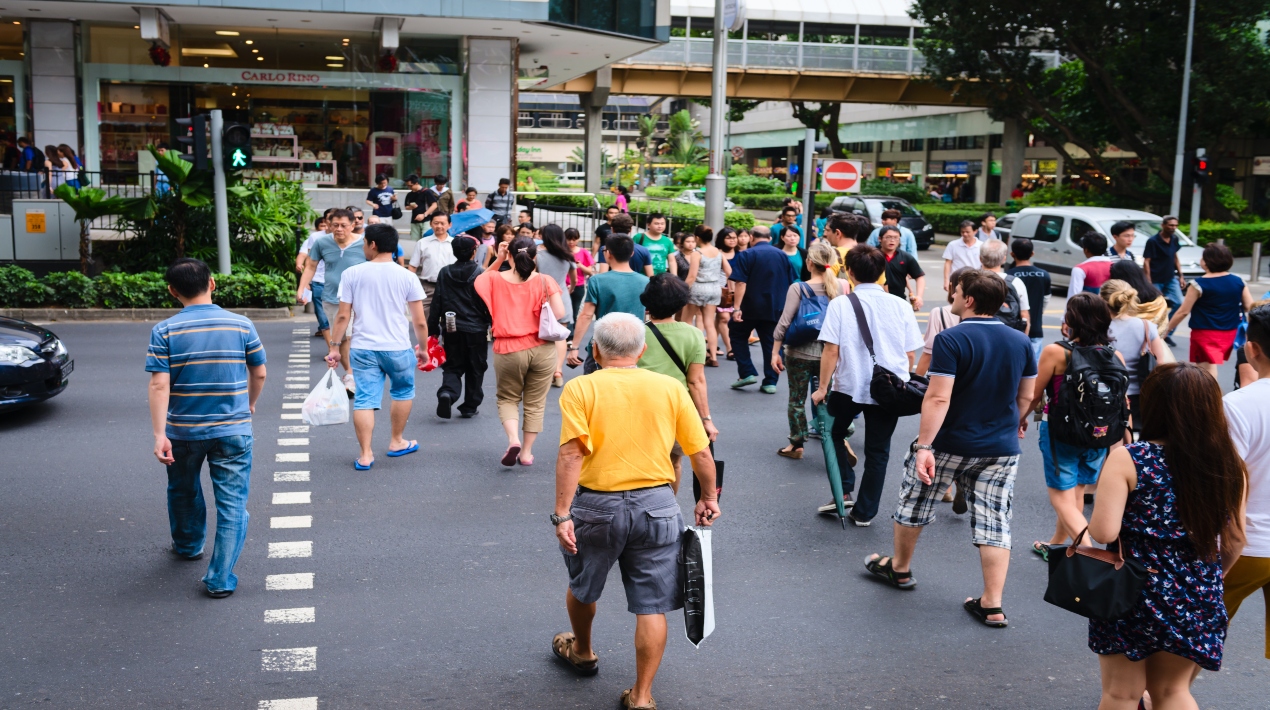
|
Getting your Trinity Audio player ready...
|
China’s Ministry of Industry and Information Technology has unveiled the “Work Plan for Promoting the High-Quality Development of Digital Technology for Ageing Adaptation.” Set to transform the digital landscape by the end of 2025, the plan outlines comprehensive goals to enhance standards, expand the scale, and deepen the levels of age-appropriate digital technology.
The plan envisions a mature industrial ecosystem with multi-party collaboration, balanced supply and demand, and accessible services, fostering a high-quality development pattern suitable for ageing. Elderly individuals are recognised as key contributors to informatisation, with improvements in their sense of gain, happiness, and security.
The foundation for developing digital technology catering to ageing populations is targeted for significant reinforcement. This includes promoting universal design concepts and establishing a comprehensive age-appropriate standard specification system covering basic universals, Internet applications, terminal products, and evaluation processes.
Besides, the plan emphasised continuous improvement in the quality of digital products and service supply. This involves expanding the supply of smart terminals with ageing-friendly features, deepening the transformation of Internet applications to be more ageing-friendly and barrier-free, and enhancing the industry’s capabilities in ageing-friendly technology innovation.
One of the key focus areas is the significant upgrade of digital technology’s ageing-friendly service experience. The plan aims to improve the efficiency of offline and online collaboration for digital elderly-friendly services, ensuring a balanced and accessible range of digital products and services. Additionally, it emphasised creating a safer “Internet usage environment” for the elderly.
As the plan progresses, an industrial ecology conducive to ageing with digital technology is expected to take shape. This includes enriching application scenarios for age-appropriate information consumption, fostering cross-field integration, and promoting innovation to build a sustainable and mutually beneficial industrial ecosystem.
The Ministry has urged industry and information technology departments, communications administration departments, major telecom companies, and relevant industry associations to conscientiously implement the plan in line with actual conditions.
With these initiatives, China is not just embracing technological advancements but also ensuring that the elderly population is an integral part of the digital transformation, experiencing improved well-being through technology.
Technology designed specifically for the elderly could enhance their overall quality of life, promote health and well-being, and address the unique challenges associated with ageing. From healthcare monitoring devices to smart home technologies and communication apps, these tailored innovations are set to transform the daily lives of the elderly.
One of the key aspects of this advancement is the integration of remote healthcare monitoring, enabling continuous tracking of vital signs, medication adherence, and overall health conditions. This not only allows for early detection of health issues but also ensures timely intervention, ushering in a proactive approach to healthcare.
Assistive devices, including mobility aids, hearing devices, and vision-enhancing tools, are empowering the elderly to maintain independence and actively participate in daily activities. Further, cognitive health is being addressed through innovative brain-training apps and games, offering mental stimulation and preventive measures against cognitive decline.
In terms of safety and security, smart home technologies equipped with sensors and monitoring systems are poised to detect emergencies or falls, guaranteeing a swift and efficient response.
The seamless integration of technology into the lives of the elderly marks a significant stride toward a more inclusive and connected society. This technological empowerment is expected to overcome unique ageing challenges, promote health, and ensure a higher quality of life for the elderly population.
















